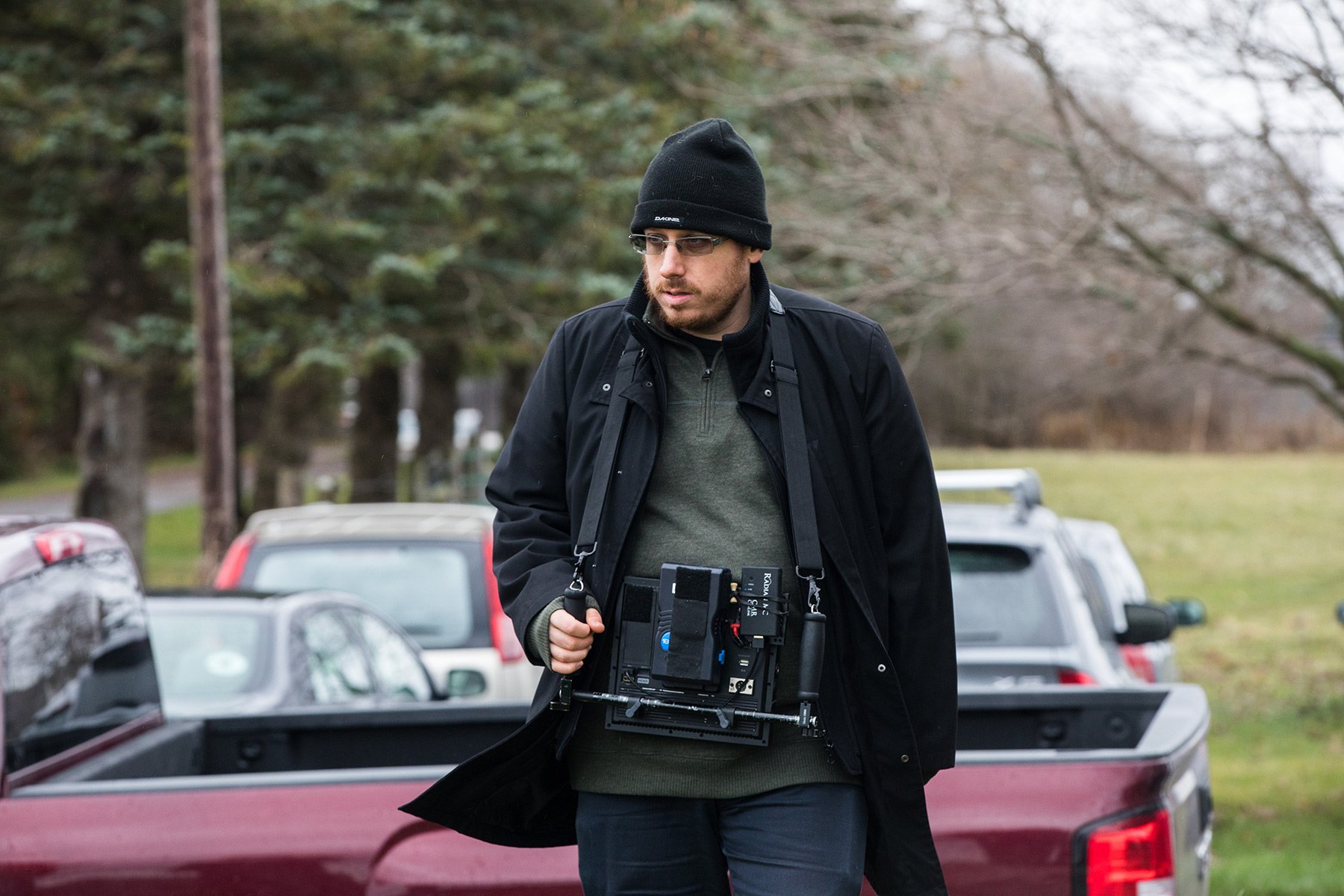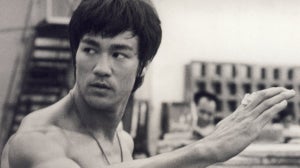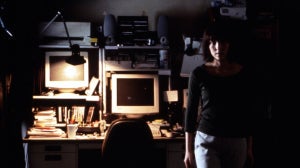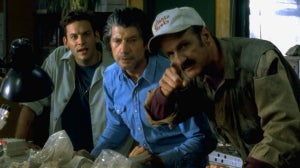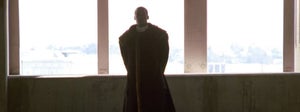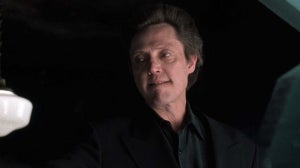
There probably hasn’t been a better time to be a film lover since cinema began. (Well, maybe when cinemas were actually open, but still.) You can watch pretty much anything you can think of, at a moment’s notice, without having to leave the comfort of your own sofa. Netflix, Amazon Prime, Shudder, MUBI, Disney+, BFI Player, ARROW… whatever you want, you’ll find it somewhere. If we could pop back to the mid-90s to let our former selves know this was coming, we’d blow our own minds.
For independent filmmakers, too, that proliferation of streaming services means there have never been so many opportunities to get your movie seen. There’s no need to compete for a limited number of cinema screens: the screens are in viewers’ homes now, and the number of films they can show is almost unlimited. The technological barriers to making and distributing films have come tumbling down, the gatekeepers to the notoriously difficult-to-enter film industry finally dethroned.
But – and you knew there had to be a “but…” – it’s not all good news. While many of the difficulties have evaporated, others have taken their place, and the wide-open world of streaming is a kind of mixed blessing for filmmakers. In his startlingly honest documentary Clapboard Jungle, struggling indie director Justin McConnell discusses the changing industry with established and up-and-coming filmmakers. Turns out there’s a lot going on out there…
Viewers are spoilt for choice
“You can make a wonderful film and it never gets seen. That’s the problem today.” – George A. Romero
Paradoxically, filmmakers feel like it’s getting more difficult to get a film seen by the masses. How many times have you sat down to watch something and found yourself scrolling through your options for half an hour first? Maybe even longer? How long is your watchlist right now, anyway? There are so many films out there and we’ll never get to all of them.
Now put yourself in the shoes of an independent filmmaker whose first movie has just been released online. Knowing that your film is just one of an uncountable number of films available to watch instantly can be a bit disheartening. When there are so many movies vying for attention, how do you make sure yours stands out? How can you be confident it’s going to find its audience?
Filmmakers are increasingly having to become their own marketing departments, social media managers, and more – making the film is only half the battle.
The internet is an ever-present temptation
“Young people are too used to seeing [movies] on the internet or YouTube, so they are losing the desire to watch movies deliberately.” – Noboru Iguchi
Watching a movie used to feel like an event. Whether it’s sitting down with a box of popcorn at the cinema, or unwrapping a crispy new Blu-ray at home, there’s a little bit of ritual to movie-watching that’s been lost in the age of streaming, where you can decide to click over to something else if you’re bored after the first five minutes.
And feeling bored after a couple of minutes is becoming more common, too, because why wait two hours for a payoff when you can get a punchline in under 60 seconds on TikTok? The temptation to go for instant gratification can be overwhelming, so filmmakers are under ever-increasing pressure to grab our attention – to force us to sit up and really watch.
As viewers, we’ve got to take some responsibility for our own bad habits here too. Putting our phones away during the movie is for our own good, really – no-one ever had a life-changing movie experience when they spent half the film scrolling through Instagram.
Everyone’s a critic
“Seriously, internet commenters are just ridiculous.” – Steven Kostanski
Filmmaker-turned-restauranteur Uwe Boll once offered to fight his harshest internet critics. (And as a former amateur boxer, he intended to do some damage, too.) That’s a particularly extreme reaction, but it’s easier than ever for filmmakers and viewers to speak directly to one another. Now that social media has become our primary means of communication, we’re all eager to put our opinions out into the world. No-one likes a performance review, and getting one over the internet from hundreds of strangers has the potential to be really discouraging.
On the bright side, it’s as easy to rave about a movie as it is to rant about one. #FilmTwitter is always there, always ready with a recommendation, and a glowing review from someone whose taste you trust – even if you only know them online – can be worth more than any professional critic’s opinion. Look at 2020’s Host: a low budget independent movie made during lockdown, it could have sunk without a trace. Instead, thanks to breathless word-of-mouth about how terrifying it was, it became a quarantine must-watch, and director Rob Savage now has a three-movie deal with Blumhouse. The moral of the story? If you want more good movies, make sure you shout about the ones you love.
Could there be… too many movies?
“Nobody complained when there were thousands of paintings, and drawings, and comic book illustrations. Why should anyone complain about too many movies?” – Lloyd Kaufman
This is one point that McConnell’s film comes back to, over and over: more movies are being made, and while that might be good news for viewers, it’s bad news for anyone hoping to make a career in the industry. There’s so much more competition, but there isn’t unlimited funding. Getting a film distributed is no guarantee that it’ll be easier to make the next one – a film that seems like a hot new release one week can be virtually forgotten the next.
Taking a less sympathetic and more selfish perspective, though, there’s an upside to that particular woe: as competition gets fiercer, the films that make it to our screens should become more interesting. Maybe they’ll explore new ideas, maybe they’ll introduce us to new perspectives, maybe new voices will come to the fore. Maybe their visuals will be more eye-popping than ever before! For viewers, having too many movies to watch is probably one of the nicest problems it’s possible to have.

